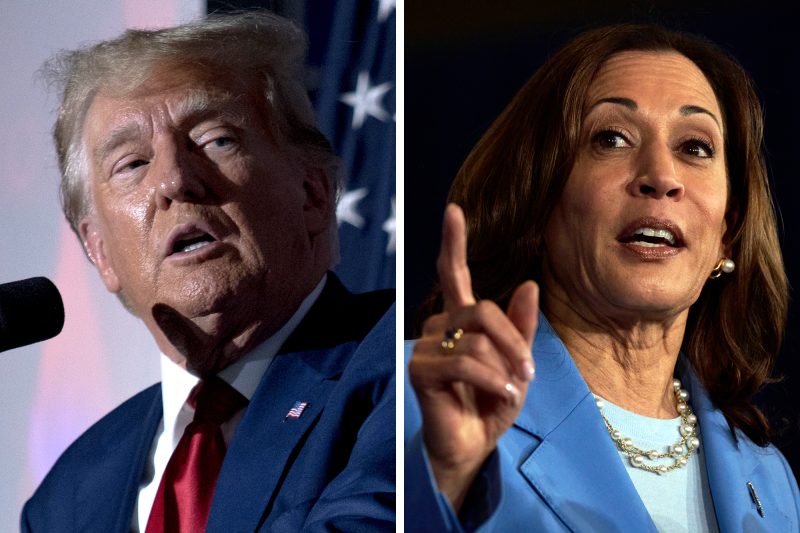In the realm of American politics, clashes over social security and Medicare claims have emerged as critical battlegrounds, immersing influential political figures like Kamala Harris and Donald Trump into the fray. The political landscape surrounding these vital social programs has been fraught with debates, allegations, and legislative measures that could have significant repercussions on the lives of millions of Americans.
At the epicenter of this contentious issue is the question of the sustainability and funding of social security and Medicare. Both programs serve as lifelines for the elderly and individuals with disabilities, providing essential financial support and healthcare coverage. However, the looming specter of budgetary constraints and demographic shifts has cast a shadow over the long-term viability of these programs, igniting debates about the best course of action to ensure their survival.
Kamala Harris, a prominent Democratic figure known for her advocacy of social welfare programs, has been a vocal proponent of protecting and strengthening social security and Medicare. She has emphasized the need for policies that safeguard these programs for current and future generations, rejecting any proposals that could jeopardize the benefits they provide to vulnerable segments of society. Harris’s stance reflects a commitment to upholding the social safety net and ensuring that seniors and disabled individuals have access to essential resources.
On the other side of the aisle, Donald Trump, a polarizing figure in American politics, has stirred controversy with his approach to social security and Medicare. While Trump has made promises to protect these programs, some critics have raised concerns about his administration’s proposals that could potentially undermine their financial stability. Trump’s track record on healthcare and social welfare issues has been a subject of scrutiny, with supporters and detractors offering conflicting narratives about the impact of his policies on programs like social security and Medicare.
The clash between Harris and Trump over social security and Medicare claims underscores the deep ideological divide that permeates American politics. These programs are not just abstract policy issues but touch the lives of millions of Americans, shaping their economic security and access to healthcare. As the debate unfolds, it is essential for policymakers and citizens alike to engage in informed discussions that prioritize the well-being of vulnerable populations and ensure the sustainability of vital social safety nets.
In conclusion, the debates surrounding social security and Medicare claims are emblematic of broader struggles over the role of government in ensuring social welfare and economic security. The positions of figures like Kamala Harris and Donald Trump illuminate contrasting visions for the future of these critical programs, underscoring the complexities and challenges inherent in addressing issues of aging populations, healthcare costs, and financial sustainability. As these debates continue to unfold, it is crucial for society to consider the implications of various policy proposals on the lives of individuals who rely on social security and Medicare for their well-being and dignity.

